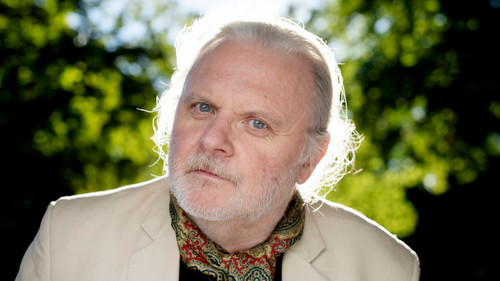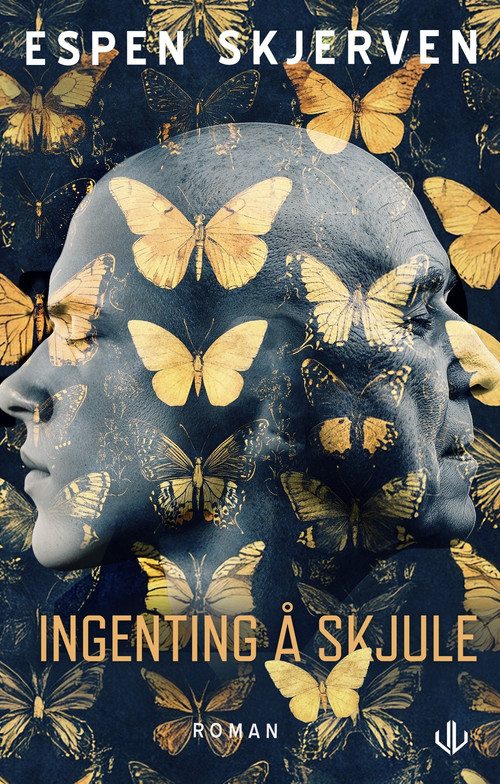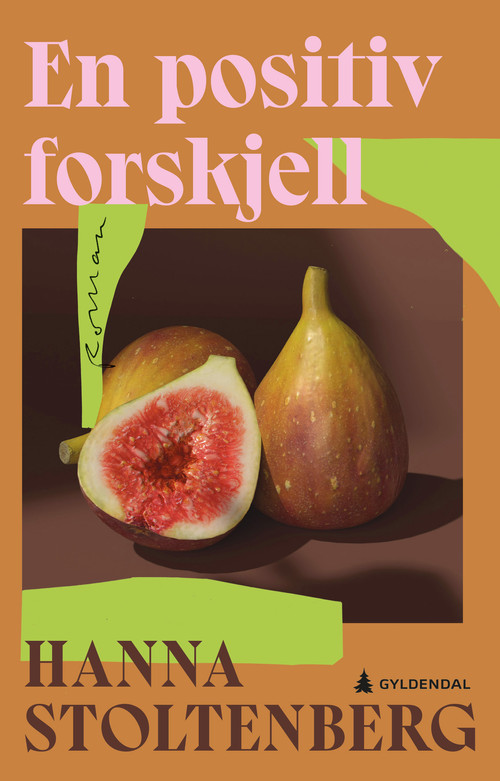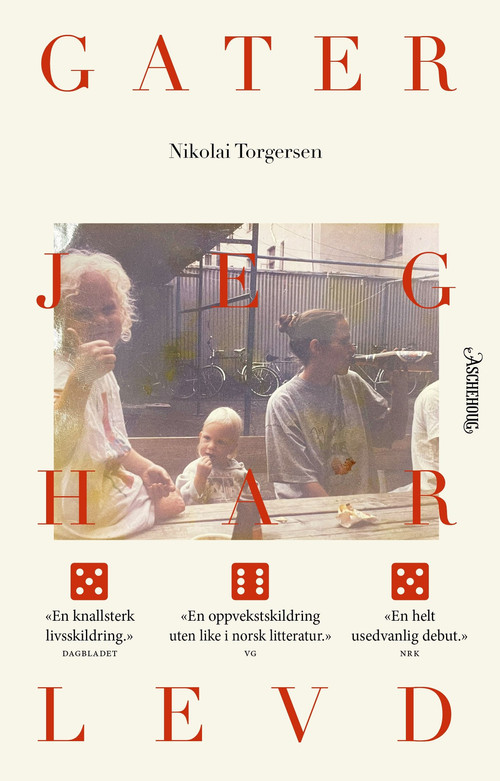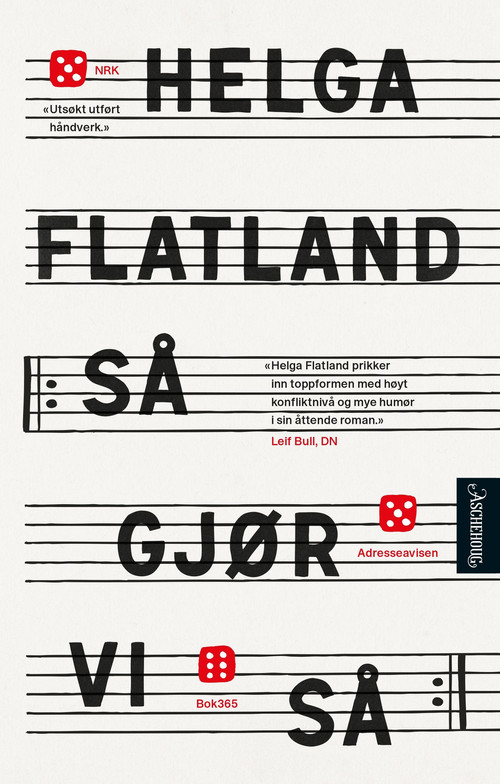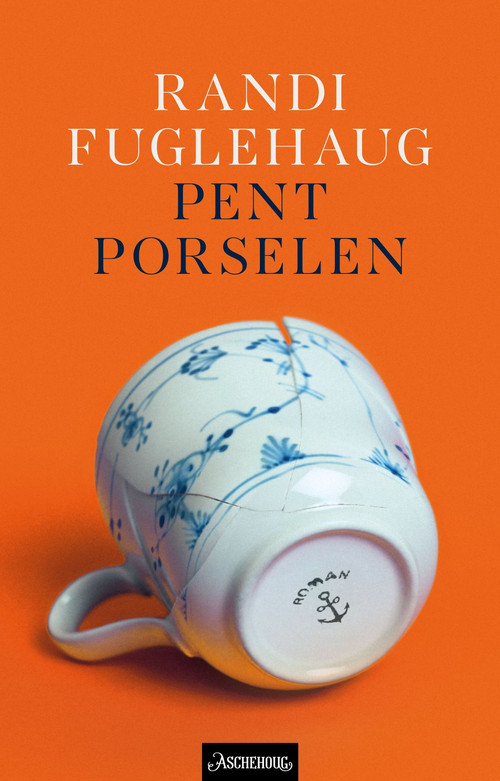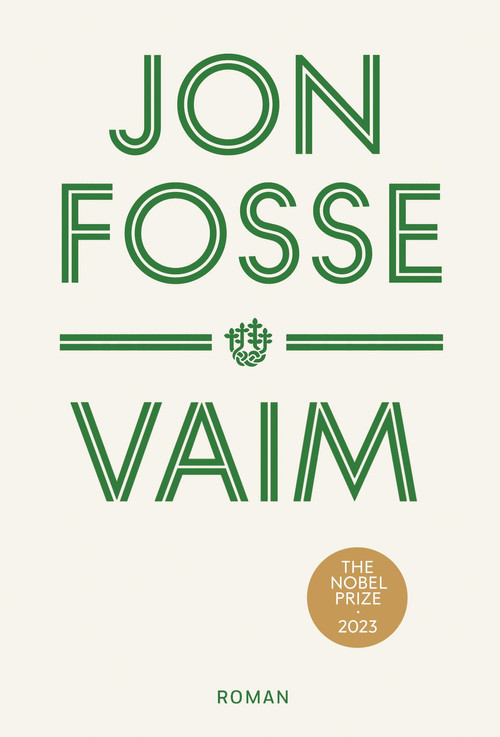A man is driving, without knowing where he’s going. He turns left and turns right, alternately, and finally enters a forest on road grooved with deep ruts. He doesn’t stop until the car gets stuck in the mud, unable to move forward or back. It starts snowing, gets dark and cold, but instead of going for help, the man walks down a path in the forest—even though it has already gotten so dark that he can hardly see a thing among the trees; even though he thinks this is a foolish thing to do.
“I’ve probably never done anything worse than this, get my car stuck and then go looking for help in the woods, how could I think I would find any help in the woods, deep in the dark woods, just because of an idea, no, it’s totally wrong to call it an idea, it was more like an impulse, something like that, something that just popped into my head. Foolishness, that’s what it was. Pure folly. Stupidity. Sheer stupidity.”
A Shining (Kvitleik) is a brilliant novel about the border between life and death.
With A Shining, Jon Fosse has written a short masterpiece about death. A Shining is, simply put, great literature.
... a beautiful story about a man whose car gets stuck in the snow. ... you don’t read Fosse to decipher his symbols, but to be reminded of how wondrous our reality really is—beautiful and painful at once—and to take a step back, out of respect for the mystery.
If you’re looking for winter reading one evening while the snow melts, A Shining is an excellent choice. You can feel the cold, see the snow, fear the coming darkness. Then discover something completely new in a second reading—a new image, a new association, even a bit of humor.
Jon Fosse has already set the bar high for this year in Norwegian fiction. […] There is a lot of concentrated power and depth in this bouillon cube of a story. A Shining is like a concise echo of the masterpiece Septology.
